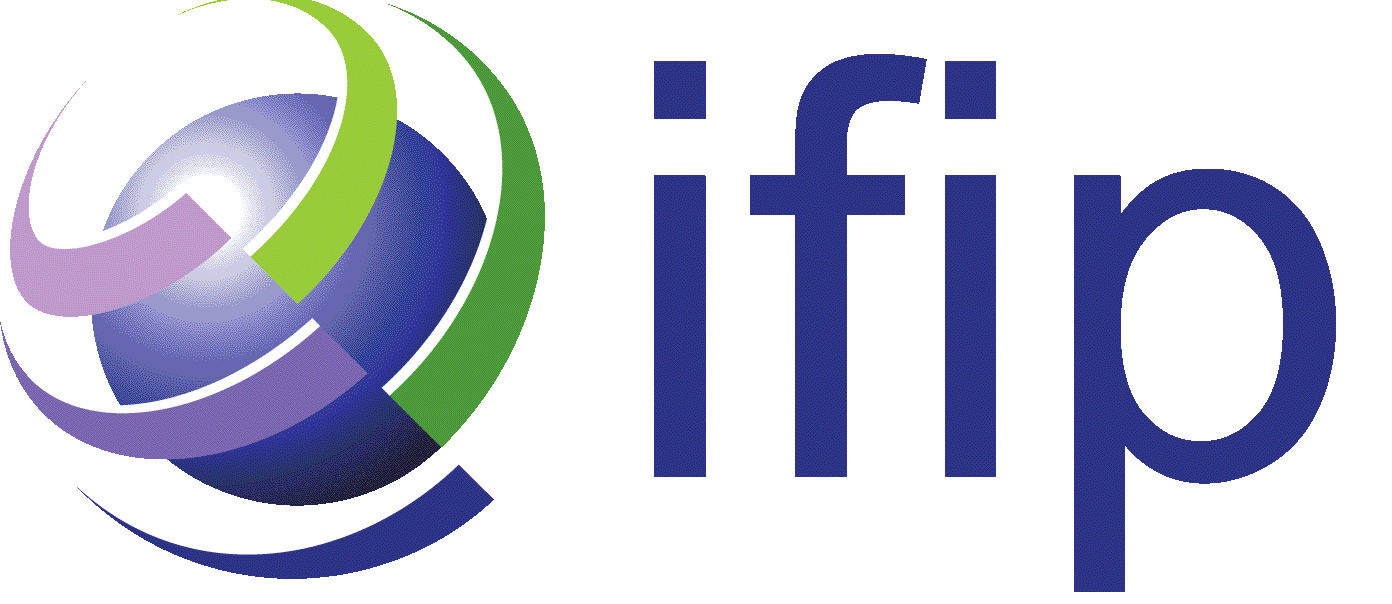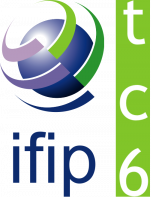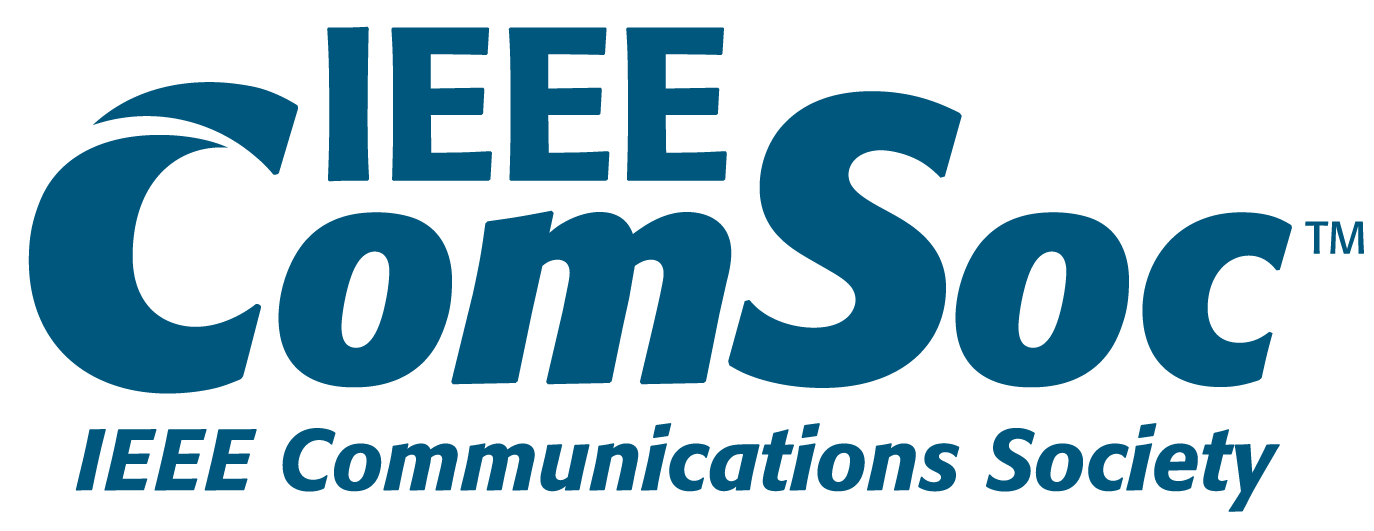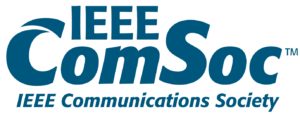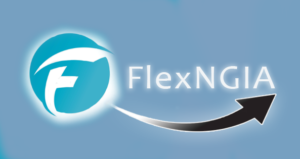Call For Papers
WMNC 2022 technical program committee invites authors to submit manuscripts with original research results that have not been previously published or that are not currently under review by another conference or journal.
The following contributions are welcome:
- Research papers reporting on new trends and developments
- Application papers reporting on academia developments of technologies, products, services, systems and solutions
- Performance evaluation and experimentation papers
- Industry practice papers
Submissions will be judged based on originality, significance, clarity, relevance, and correctness. All submitted papers will be subject to peer reviews by Technical Program Committee members and other experts in the field. Papers (full/short) and Demos presented at the symposium will be considered for a Best Paper Award and Best Demo award.
WMNC 20222 includes 6 tracks including 3 special tracks:
- Track 1: Wireless and Mobile Communications and Networks, Internet Wireless Access
- Track 2: Wireless Sensor and Actor Networks, Ad hoc and Opportunistic Networks, Vehicular Networks, Internet of Things
- Track 3: Applications and Services over Wireless and Mobile Networks
- Special Track on Future Networks
- Special Session Track on Network Intelligence (AI for Networks). This special track is supported by IEEE Emerging Technologies Initiative for Network Intelligence (IEEE NI)
- Special Session Track on Security for Networks
The tracks are focusing on (but not limited to) the following topics:
Track 1: Wireless and Mobile Communications and Networks, Internet Wireless Access
- Wireless and mobile communications and networks
- 5G and beyond Networks
- Wireless technologies design and evaluation
- Handoff management
- Location management
- Resource management
- Network and service management and control
- Energy management and efficiency of protocols and devices
- Cognitive radio networking
- Device-to-device communications
- Routing and scheduling in mobile and wireless networks
- Transport layer issues in mobile and wireless networks
- Network security solutions and protocols
- Subscriber privacy
- Authentication, Authorization, Accounting
- Traffic and network modeling
- Analysis and simulation in wireless/mobile networks
- Virtualized and cloud-based wireless environment
- Software-defined wireless networking
Track 2: Wireless Sensor and Actor Networks, Ad hoc and Opportunistic Networks, Vehicular Networks, Internet of Things
- Wireless Sensor and Actuator Networks
- Ad hoc and Opportunistic Networks
- Low-Power Wide Area Networks
- Vehicular Networks Cyber-Physical
- Machine to Machine communications (M2M)
- Communication Technologies for the IoT
- Ad-Hoc networking
- Delay tolerant networking
- Cross layer design and optimization
- In-network processing and aggregation of information
- Energy efficient protocols and power management
- Localization and tracking
- Middleware for WSN and M2M
- Self-organization and reconfiguration
- Security for WSN and M2M
- Multimedia communications in WSN
- Vehicular networks
- Robots as actor networks
- Nano networks
- Fog Networking
Track 3: Applications and Services over Wireless and Mobile Networks
- Applications and Services over Wireless and Mobile Networks
- Wireless multimedia networking
- Mobile cloud computing and applications
- Multicasting and broadcasting issues
- Multimedia session signalling in wireless/mobile environments
- Digital radio and TV broadcasting
- Mobile computing
- Protocols and platforms for convergence
- QoS and QoE in wireless/mobile networks
- Mobile and wireless applications: health, environmental protection, etc.
- Wireless Internet applications
- ITS (Intelligent transportation systems)
- Infotainment
- Pervasive systems
- RFID
- Location based services
- Mobile services
- Content management and distribution
- Context-aware wireless multimedia applications
- Context-aware services
- Information centric networking
- Social networking
Special Track on Future Networks
- Tactile Internet
- Novel network architectures and protocols
- Flexible and programmable RAN
- Massive MIMO Communications
- Multi-connectivity/RAT
- Device-to-Device communications and networking
- X-haul transport network
- Millimeter wave communications
- Network Slicing
- Edge cloud and fog computing
- Future networks for decentralized ML and ML-enhanced future networking
- Internet Applications Naming and Identifiers
- Design principles and best practices for application development in 5G and beyond
- Future network simulations and testbeds
- Federation of networks and services in 5G and beyond
Special Session Track on Network Intelligence (AI for Networks)
- Machine Learning (ML) for optimizing protocol design and routing
- ML/AI for network management
- Data analytics for network
- Distributed machine learning
- ML for real time and low latency network applications
- AI-based tools for networking
- ML for UAV network resource management
- ML for UAV network joint trajectory design and task assignment
- ML for flying base station-user assignment
- Deep Learning for UAV network protocol design
- ML for anomaly prediction and detection
- ML for network performance evaluation
- AI for security and privacy
Special Session Track on Security for Networks
- Security protocols,
- Authentication/Authorisation
- Non-Repudiation
- Access Control
- Denial of Service
- Anonymity
- Intrusion Detection and Prevention
- Key Management
- Viruses and other malicious codes
- Data Integrity
- Attacks on wireless networks
- Security mechanisms/Services
- Multicast Security
- Security Specification
- Performance/Security tradeoff analysis
- Design/Analysis of Security Protocols
Authors are invited to submit full papers (up to 8 pages, double-column in IEEE conference Format), short papers (up to 5 pages, double-column in IEEE conference Format), or Demos according to the guidelines available on Paper and Demo Submission Guideline.
Accepted papers will be published in the IFIP Digital Library. Authors of selected papers will be invited to submit an extended version for a fast-track review in a Special Issue of Annals of Telecommunications or Journal of Network and Systems Management.
